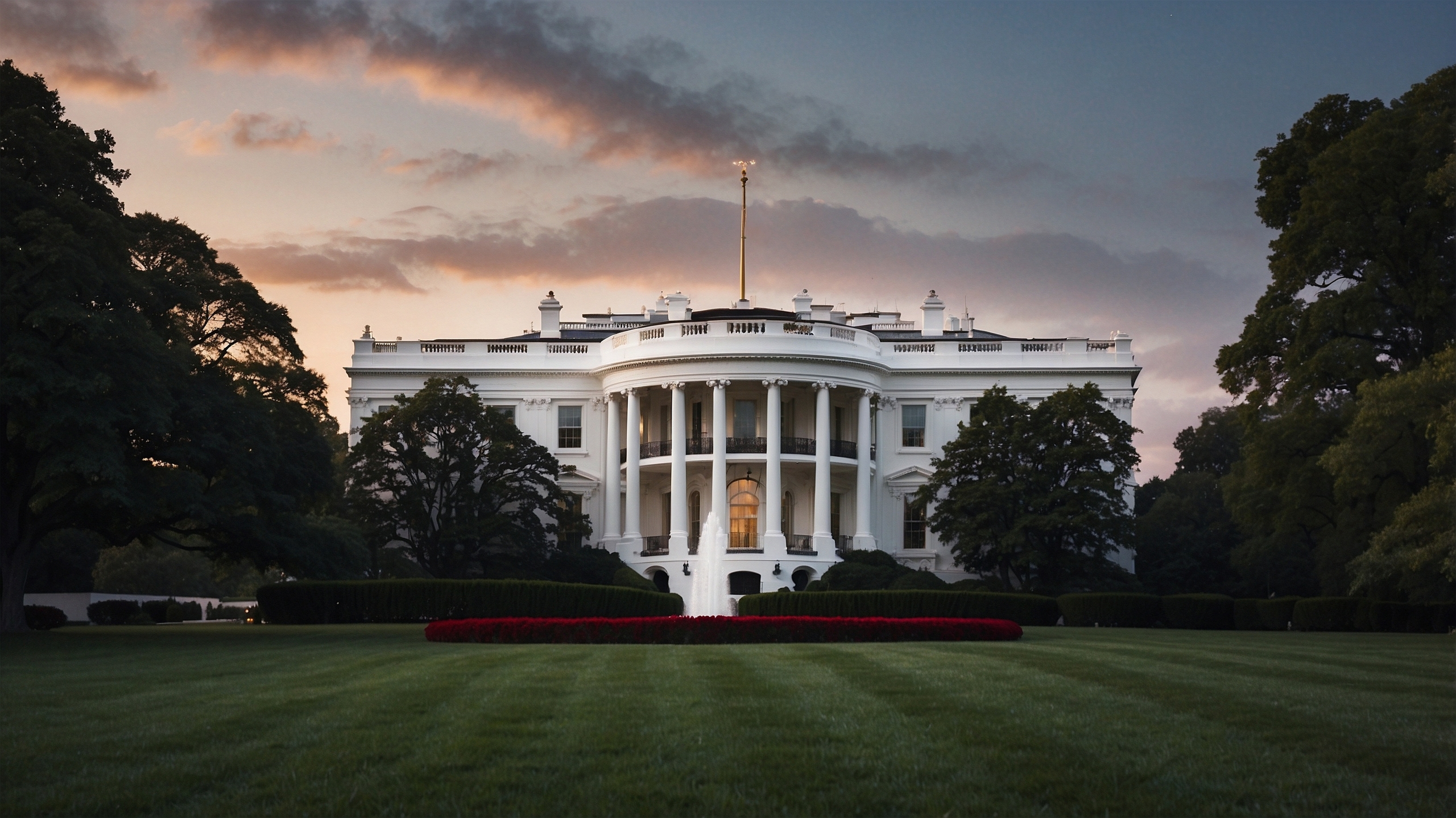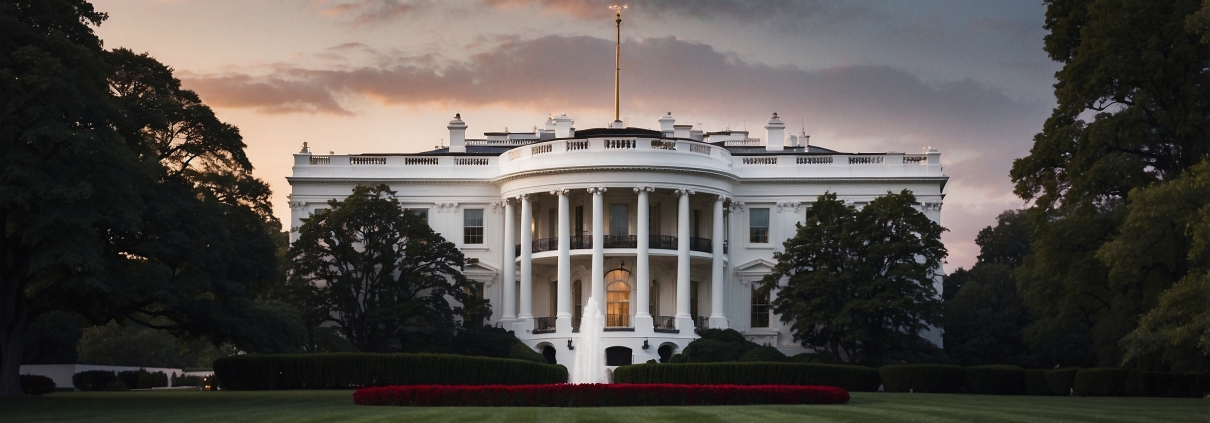Understanding the New De-Banking Executive Order
Summary:
Situation Overview: On August 7, 2025, President Trump issued an Executive Order (the “Order”) entitled “Guaranteeing Fair Banking for All Americans”, which has implications for retail and institutional fair lending practices.
What: The Executive Branch has directed “Federal banking regulators”, broadly defined to include not only the Federal Reserve Board, the Office of the Comptroller of the Currency (OCC), the Federal Deposit Insurance Corporation (FDIC), and the National Credit Union Administration (NCUA), but also the Small Business Administration (SBA) and potentially the Consumer Financial Protection Bureau—to scrutinize financial institutions for past and ongoing activities identified as “politicized or unlawful debanking” (defined below), and consider implementing related longer-term supervisory and regulatory changes.
As a result, the Federal banking regulators have begun issuing guidance to implement the Order, and are likely to engage in supervisory efforts to scrutinize banking activities that constitute politicized or unlawful debanking. In particular, the Order targets such activities that violate the Equal Credit Opportunity Act (ECOA), Section 5 of the Federal Trade Commission Act (FTCA), and Section 1031 of the Consumer Financial Protection Act (CFPA). Federal banking regulators can be expected to take enforcement actions against institutions that engage or have engaged in politicized or unlawful debanking activities.
Financial institutions should swiftly review and modify, as necessary, processes, policies, and procedures to prepare for potential supervisory scrutiny of banking decisions that directly or indirectly result in politicized or unlawful debanking.
Who: All banks, savings associations, credit unions, and other financial institutions subject to Federal banking regulator oversight.
In Depth
The Order states that “Financial institutions have engaged in unacceptable practices to restrict law-abiding individuals’ and businesses’ access to financial services on the basis of political or religious beliefs or lawful business activities.” Key points from the Order and recent regulatory actions include:
A Definition of “Politicized or Unlawful Debanking”
“Politicized or unlawful debanking” refers to an act that “directly or indirectly adversely restrict[s] access to… financial services of any customer or potential customer on the basis of the customer’s or potential customer’s political or religious beliefs, or on the basis of the customer’s or potential customer’s lawful business activities that the financial service provider disagrees with or disfavors for political reasons.”
Direction to Federal Banking Regulators to Review and Discipline Firms with Politicized or Unlawful Debanking Practices
The Order directs each Federal banking regulator to identify, within 120 days, any financial institutions subject to its jurisdiction that have any past or current, formal or informal, policies or practices associated with politicized or unlawful debanking. Federal banking regulators are directed to take remedial action, including fines, consent decrees, or other disciplinary measures. Federal banking regulators are also directed to review their complaint data to identify instances of politicized or unlawful debanking.
The Order also directs Federal banking regulators to review, within 180 days, their current supervisory and complaint data to identify any financial institution that has engaged in unlawful debanking on the basis of religion. The Federal banking regulators are directed to, as appropriate, refer such matters to the Attorney General for civil action.
Secretary of the Treasury to Develop Strategy to Eliminate Debanking, OCC Issues Guidance, SBA Issues Notice
The Order directs the Secretary of the Treasury to develop a strategy to “combat politicized or unlawful debanking activities of financial regulators and financial institutions across the Federal Government, including consideration of legislative or regulatory options to eliminate such debanking.” The OCC and the SBA have already taken actions that align with the President’s directive.
On September 8, the OCC released two bulletins related to debanking. The first bulletin, “Protecting Customer Financial Records,” aims to “remind banks of their legal obligations to protect their customers’ financial records unless disclosure is required by law under the Right to Financial Privacy Act (RFPA) and the proper usage of Suspicious Activity Reports (SARs)”; the second bulletin, “Licensing and Community Reinvestment Act” clarifies how the agency “considers politicized or unlawful debanking in licensing filings…and banks’ records of performance under the Community Reinvestment Act.”
The Order directs the SBA to give notice to all financial institutions for which it guarantees loans to reinstate any previous clients which were denied service due to politicized or unlawful debanking. Accordingly, the SBA recently issued a notice to lenders, as well as a requirement to submit a report to the SBA by January 5, 2026, addressing and evidencing compliance with the Order.
What This Means for Financial Institutions
The Order states that “Banking decisions must…be made on the basis of individualized, objective, and risk-based analyses,” and that institutions subject to Federal banking regulator oversight must not restrict banking services to lawful businesses, signaling that such restrictions will be scrutinized by regulators for violations of the FTCA, the CFPA, and/or ECOA. Prior decisions to limit exposure to certain counterparties based on “reputational risk” that were made – perhaps with the encouragement of examiners – are likely to come under scrutiny. Prompt changes to financial institution policies in response to the Order could be helpful in mitigating liability for such prior actions even when they were previously encouraged.
An institution that is identified as having carried out politicized or unlawful debanking by a Federal banking regulator in connection with the Order’s required reviews of past and current practices may become subject to heightened Executive Branch scrutiny, particularly if, for example, it becomes subject to a public enforcement action by a Federal banking regulator. Congressional scrutiny is also likely to continue: House Financial Services Committee Chairman French Hill recently emphasized that the Committee “will continue its work to investigate and prevent debanking for lawful businesses.” It is also possible that politicized or unlawful debanking practices may be considered by regulators in the context of potential merger applications.
Additionally, some financial institutions may confront challenges brought about by certain state-level and non-U.S. standards diverging from the regulatory and supervisory approach embraced in the Order. For example, some international banks have raised concerns about regulatory pressure outside of the United States to restrict services to certain industries (such as the defense sector), contrary to the guidance in the Order.
Current AML/BSA requirements could also add additional complexity, particularly requirements for account closures on a risk-assessed basis, and the fact that certain AML/BSA-related justifications for financial surveillance and account closures were heavily criticized in a prominent December 2024 Republican-led House Judiciary Committee investigation of de-banking trends likely to influence regulatory implementation of the Order (this investigation is referenced in the OCC’s recent “Protecting Customer Financial Records” bulletin). Institutions should consider consulting third-party specialists in order to enhance documentation and improve processes in connection with appropriately risk-assessed AML/BSA-related account closures. Differentiating such closures from account closures that could constitute the politicized or unlawful debanking activities targeted by the Order may be fact-specific and require nuanced application of policies.
What Financial Institutions Should Do
Institutions should prepare for their respective Federal banking regulator(s) to conduct a supervisory review of potential politicized or unlawful debanking practices. Institutions should review policies and procedures, as well as the intended and unintended banking activity decisions resulting from such policies and procedures. Even in instances where politicized or unlawful debanking practices may have been previously encouraged by examiners, it will be critical for management to modify policies and procedures.
Institutions should pay particular attention to policies relating to ECOA/Fair Lending, reputational risk, controversial environment-related and social issues, and AML/BSA-related account closures. The review should assess the institution’s practices to confirm that banking decisions are made based only on objective, individualized reviews, and not in connection with reputational risk or related factors. Institutions can strengthen their case around policy changes in response to this Order by seeking expert third-party advice in conducting such reviews and crafting corresponding policy changes, thus supporting that the policy changes are being made objectively and free from institutional bias.
Moreover, to the extent that an institution implements geographic or industry and sector limits, such limits should be grounded in analytically supported financial risk assessments and capital considerations, and expert third-party advice can help ensure that such limits are calibrated and supported in a manner that is consistent with the spirit of the Order. Institutions should also review policies and procedures relating to loans guaranteed by the SBA.
Finally, senior management of institutions subject to the Order should also brief their boards on internal reviews and findings, update on progress of supervisory activity related to the Order, and escalate potential adverse outcomes. Board members should expect to be engaged with senior management on these matters through the periods outlined in the Order, and potentially beyond if supervisory and enforcement actions are brought against their institutions.
Put Patomak’s Expertise to Work
As financial institution regulatory standards and enforcement continue to evolve, Patomak is ideally situated to advise firms on critically analyzing their policies and practices in these areas. Our deep expertise enables us to help you navigate complexities and mitigate risks. If you would like to learn more about how Patomak can partner with you, please reach out to Mona Elliot at melliot@patomak.com, Robert Greene at rgreene@patomak.com, or Heather Espinosa at hespinosa@patomak.com.





